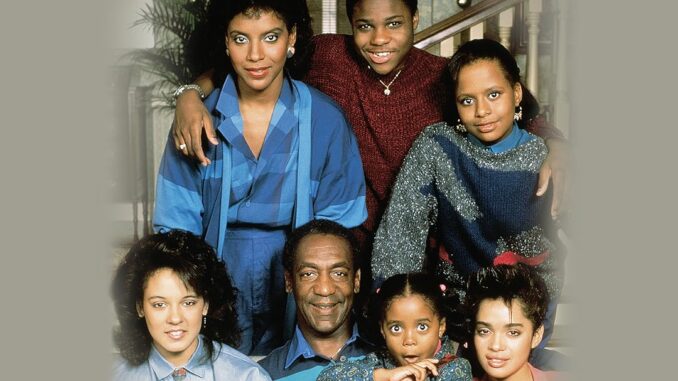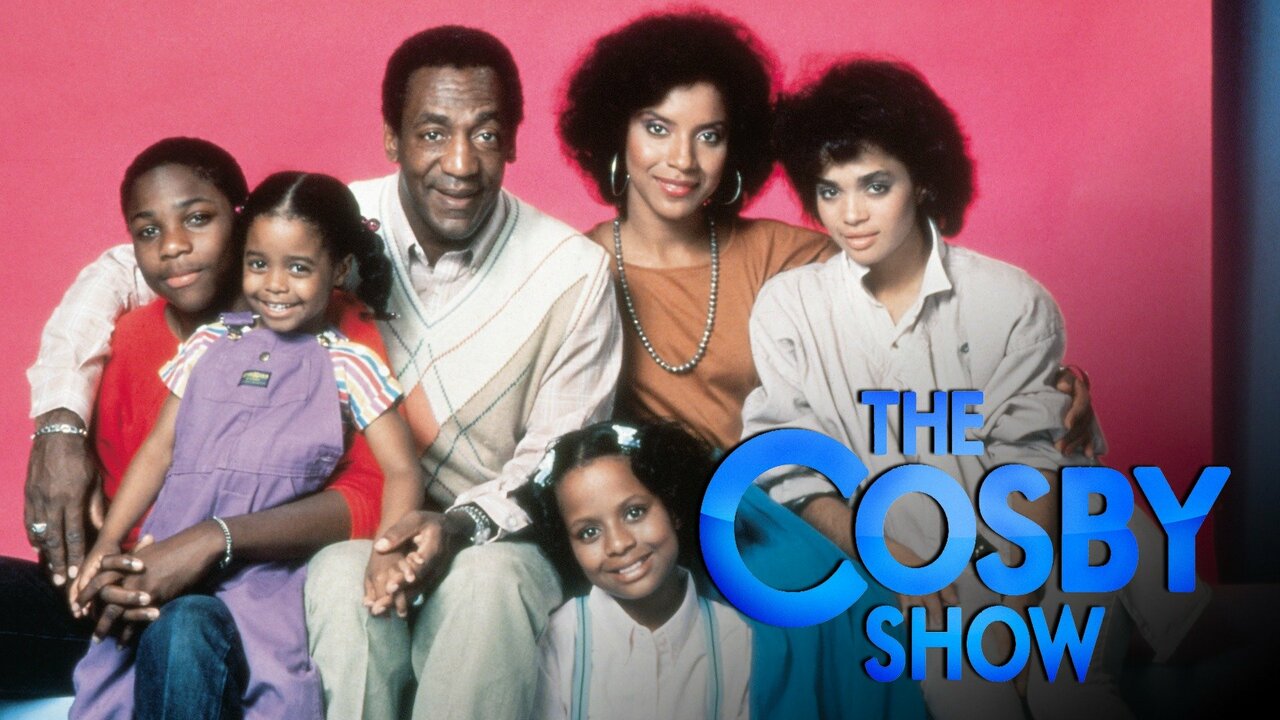
In the 1980s, The Cosby Show revolutionized television by presenting an African American family that was not only successful but also relatable to people of all races.
At a time when television often perpetuated negative stereotypes about African Americans, The Cosby Show introduced a new kind of portrayal. The Huxtables were a wealthy, educated Black family living in a comfortable Brooklyn brownstone. Cliff Huxtable, the father, was a doctor, and his wife, Clair, was a lawyer. This depiction was in stark contrast to many other TV shows at the time, where Black families were often shown struggling with poverty or caught in dysfunctional settings.
Though The Cosby Show was revolutionary in its depiction of Black Americans, it did not heavily focus on race as a primary plot point. Instead, the Huxtables’ race was treated as a natural part of their identity but not their defining characteristic. This approach made the show accessible to a wider audience and allowed for a focus on universal family issues, such as raising children, maintaining relationships, and balancing work and home life.

However, The Cosby Show did not ignore race altogether. Episodes often touched on cultural pride and Black history. The family would celebrate important Black figures, and there were occasional discussions of discrimination and the challenges African Americans faced in society. By doing so, the show subtly reminded its audience of the importance of race in America, without becoming overtly political or confrontational.
Through this lens, the show communicated a message of hope and aspiration for viewers of all backgrounds. It suggested that regardless of race, people could achieve upward mobility through dedication, perseverance, and education. This was a particularly powerful message during a time when economic inequality and racial tensions were significant issues in the United States.
However, the Huxtables’ success was also a reminder of the privileges afforded to those with access to higher education and stable, well-paying jobs. While the show depicted a world where race and class could be transcended, it didn’t fully address the systemic barriers that prevented many Black Americans from reaching that same level of success. Critics sometimes argued that The Cosby Show presented an overly optimistic view of racial progress in America.
The Cosby Show paved the way for other Black-led shows that explored race, class, and identity, including The Fresh Prince of Bel-Air and Living Single. By portraying a Black family in a way that was unprecedented at the time, it challenged stereotypes and opened the door for more complex, diverse representations of African Americans on television.
Ultimately, The Cosby Show served as a cultural touchstone for race and class in 1980s America. It showed the world that African Americans could be just as successful and relatable as any other family on television, offering a hopeful, if sometimes idealized, vision of a more integrated and equitable society. Its legacy remains a topic of conversation, both for its groundbreaking achievements and the ongoing discussions about representation in media.
